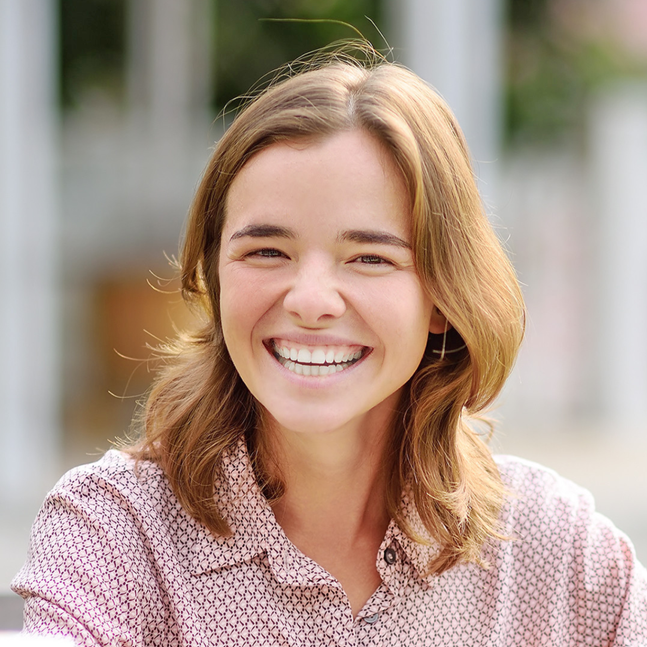Teacher Training Primary Education Programme
[GSE-T]
COURSE OVERVIEW:
The focus of our Teacher Training Primary School Programme is based on interactive, experiential learning that meets the needs of all teachers in primary education. Course participants can benefit from a hands-on approach in the practical workshops in the company of other teachers, while discovering methodologies
which will allow them to evaluate their current teaching purpose and practices in their own teaching environment. Our aim is double-edged and combines the following opportunities:
1. to refresh your knowledge of English by brushing up on your own language skills and lexico-grammatical repertoire
2. to explore and practise new teaching methods while exploiting various materials, both familiar (e.g. commonly used course books) and new (e.g. authentic texts popular in the target culture) that will give you ideas on how to be more creative and selective when enriching students’ exposure to real-world language to enable you to create a fun learning environment to motivate your young learners.
TARGET AUDIENCE:
– Practising or former teachers of English or other languages in primary education;
– Language teachers with a keen sense of their role as teaching professionals who would like to keep themselves up to date with the latest trends in teaching (in terms of methodologies, techniques, resources etc), and take responsibility for their own professional development, to continue reinventing themselves and becoming the best in their field;
– Teachers who would like to improve their own language proficiency in English in a customised setting, by being given an opportunity to focus on the language areas (skills and systems) most relevant to them; and
ALL Participants must be at minumum B1 level of English (CEFR).
PREPARATION (Before the course):
Before the arrival, course participants will be provided with:
– A course timetable;
– A pre-arrival profile questionnaire that will help course coordinators profile trainees individually based on their respective teaching contexts, practices and beliefs, and get a better understanding of any specific TRAINING NEEDS they may have;
– The school’s official placement test which will accurately assess participants’ level from B1 to C2 and indicate the most prevalent and pertinent English language needs, allowing course coordinators to better situate applicants’ English language proficiency and group trainees together accordingly for their own benefit, both generally throughout the course and, particularly, in anticipation of the ‘Language Development’ Module, which is customised towards participants’ own needs;
– A Welcome Pack which includes a map and the Student Handbook with handy information about the school;
– A recommended reading list.
UNITS:
– Reviewing and reflecting on participants’ own methodological practices to identify more student-centred approaches which allow for the development of greater learner autonomy.
– Vocabulary activities that promote fluency
– Organising classroom projects for optimal learning results
– Reflecting on and developing teaching techniques
– Getting more from course books
– Adapting materials to suit a variety of levels and learning abilities
– Teaching the skills more effectively
– Communicative games for language learning
– Exploiting authentic child-friendly materials such as comics and cartoons for maximum learning potential
– Storytelling
– Using Cuisenaire rods in a language learning environment
– Language development that will be tailored to the needs of the course participants
– To develop participants’ understanding of language teaching and learning across the variables of students’ level, abilities, learning style, age and cultural background;
– To motivate participants to take control of the choice of teaching materials they use in class, whether it is by creatively adapting their curricular resources, such as traditional course books, or by drawing on and exploiting the potential of authentic non-instructional materials taken from everyday life and popular culture (such as cartoons, comics, blogs, vlogs, TV episodes, TV / radio commercials, music, social media etc.);
– To explore and practise new teaching methods while trainees revisit their own current practices and reflect on how they can improve and add to aspects of their teaching (delivery technique, lesson planning etc.), while sharing examples of best practice with peers from similar backgrounds;
– To understand how best to design level-appropriate graded tasks while respecting the authentic language around which they are designed;
– To unravel the mysteries of motivation and understand how it happens and sometimes fails to happen;
– To debate the benefits of learner autonomy and peer projects (learner cooperation and collaboration), as well as the challenges presented in light of many societies’ increasing multiculturalism and the overall impact these have on language education systems at large. Reference will also be made to the Maltese (bilingual) setting and participants’ own socio-cultural contexts.
METHODOLOGY:
Participants will enjoy a combination of explicit instruction and direct teacher involvement. Following the format of a workshop, sessions are:
– Interactive with plenty of ongoing group discussion and opportunities for participants to draw on their own experience and exchange ideas they feel are worth sharing;
– Demonstrative in the presentation of teaching approaches, lesson planning and materials design;
– Practical and hands-on when it comes to trialling some of the ideas presented in class, with the aim that participants will be able to take something tangible away with them (a specific technique, a particular activity, a general way of planning lessons or adapting resources, etc.);
– Experiential in nature, so that participants can experience the content being presented and promoted (methodologies, teaching styles, lesson plans etc.) first hand, from the perspective of students, through which they will be better positioned to make judgements on learning effectiveness;
– Evaluative with opportunities for individual reflection, teaching practice, lesson observations and peer feedback.
SAMPLE PROGRAMME:
1) Monday:
– Course Introduction
– Getting to know yourself: Interpersonal vs Cultural Skills
– Young Learners: Personal Needs vs Learning Objectives
– How do you use a course book? Adaptation of Materials
2) Tuesday:
– Cooperative and Collaborative Learning: The Pros and Cons
– Learning by Doing: Task-Based Learning (part 1)
– Writing Made Fun (part 1)
3) Wednesday:
– Language Development (Customised Module)
– Communicative Games for Language Learning
– „Once upon a time, a story was told … ” – Storytelling: Every child’s favourite
4) Thursday:
– Authentic Materials to engage students
– Vocabulary Activities for Promoting Fluency
– Error Correction: Recognising comprehension
5) Friday:
– Teaching Practice / Lesson Observation
– Course Evaluation and Feedback
SATURDAY AND SUNDAY – Free Days
6) Monday:
– Language Development (Customised Module)
– Designing Language-Specific Charts and Posters
– Catering for Children with Special Needs
7) Tuesday:
– Writing Made Fun (part 2)
– Bilingualism in Education
– Film and Video for Language Learning
8) Wednesday:
– CLIL (Content and Language Integrated Learning)
– Drama and Mime in the Language Classroom
– Learning by Doing: Task-Based Learning (part 2)
9) Thursday:
– Grammar Games for Young Learners
– Working with the Interactive Whiteboard
– Planning lessons with Integrated Skills
10) Friday:
– Teaching Practice / Lesson Observation
– Course Evaluation and Feedback







































